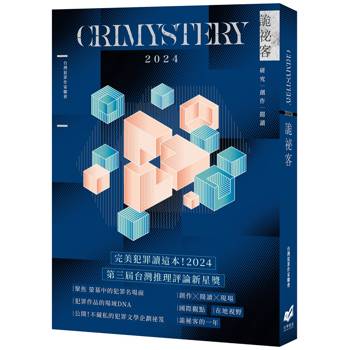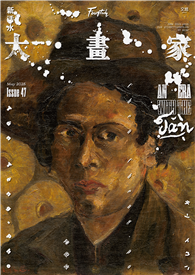"Report Regarding the Possibility of Introducing Land and Agricultural Banks Into the Madras Presidency" by Frederick Augustus Nicholson offers a detailed examination of the potential benefits and challenges of establishing land and agricultural banks in the Madras Presidency. Published in 1895, this report provides a historical perspective on economic development and financial systems in colonial India. Nicholson’s work explores the practical considerations for implementing such banks, addressing issues of land tenure, credit access, and agricultural financing.
This study is invaluable for researchers and historians interested in the economic history of India, the evolution of banking systems, and the role of financial institutions in promoting agricultural growth. It offers insights into the strategies considered during the late 19th century to improve the economic conditions of rural populations through innovative banking solutions. Nicholson’s report remains a relevant resource for understanding the complexities of economic development in colonial contexts.
This work has been selected by scholars as being culturally important, and is part of the knowledge base of civilization as we know it. This work was reproduced from the original artifact, and remains as true to the original work as possible. Therefore, you will see the original copyright references, library stamps (as most of these works have been housed in our most important libraries around the world), and other notations in the work.
This work is in the public domain in the United States of America, and possibly other nations. Within the United States, you may freely copy and distribute this work, as no entity (individual or corporate) has a copyright on the body of the work.
As a reproduction of a historical artifact, this work may contain missing or blurred pages, poor pictures, errant marks, etc. Scholars believe, and we concur, that this work is important enough to be preserved, reproduced, and made generally available to the public. We appreciate your support of the preservation process, and thank you for being an important part of keeping this knowledge alive and relevant.












